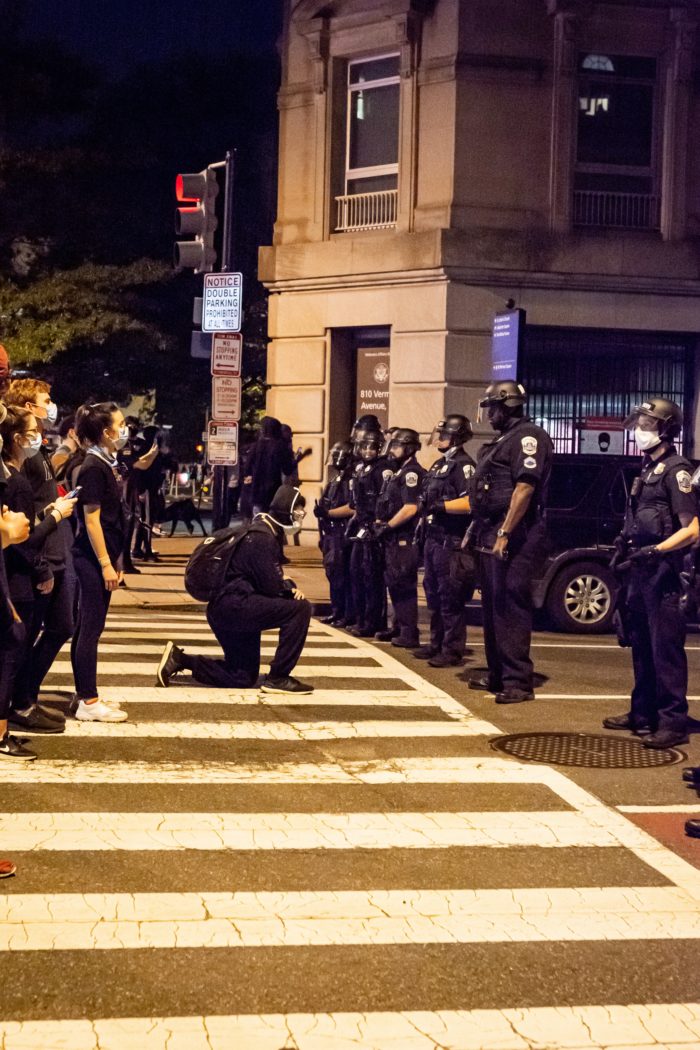- The broadening risks and threats have changed the very concept of security and therefore security policies.
- De facto security lies at the heart of today’s polarized societies.
- Violence in the post-pandemic era is associated with vague anti-systemic points of view influenced by conspiracy theories.
- The instrumentalization of security policies in a context of intense political and party political rivalry is a key aspect of the problem.
- Trust in the institutions charged with enforcing the law, and in the police in particular, has declined.
- It is typical that even models like the UK’s Community Policing are reaching their limits.
- A critical parameter is the diffusion of violence, which tends to be present throughout our societies.
- Femicides, domestic violence and racist attacks shed light on violence as an aspect of a ‘superiority’ culture.
- The internet has become a key means of promoting violence, along with hate speech and intolerance discourse.
- The growing sense of insecurity has brought about a crisis of confidence in police effectiveness.
- Effective security policies presuppose a balance between security (and policing, in particular), on the one hand, and freedom and respect for rights, on the other.
Read here the Policy brief by Triandafyllos Karatrantos, ELIAMEP Senior Research Fellow (in Greek).



